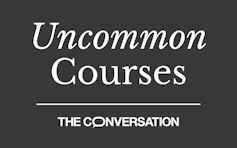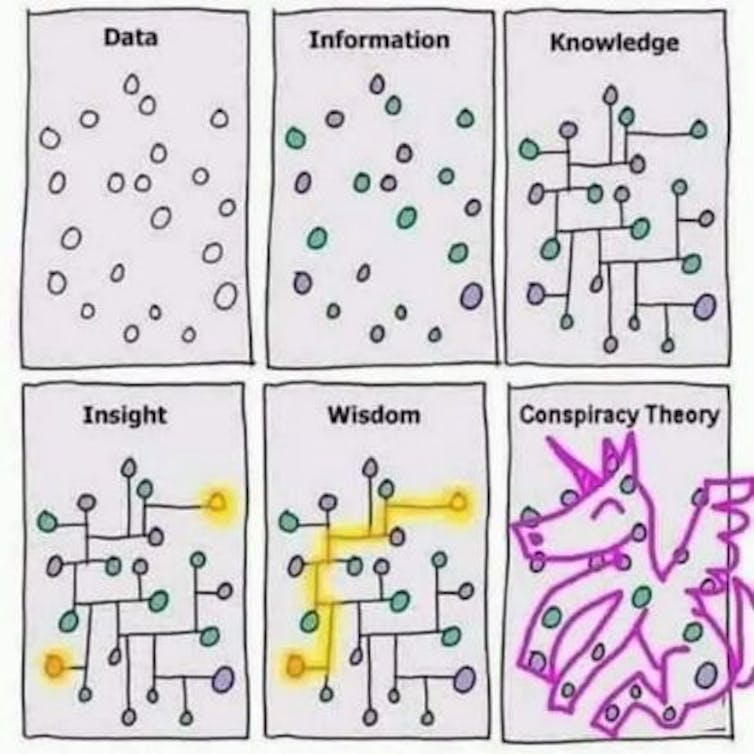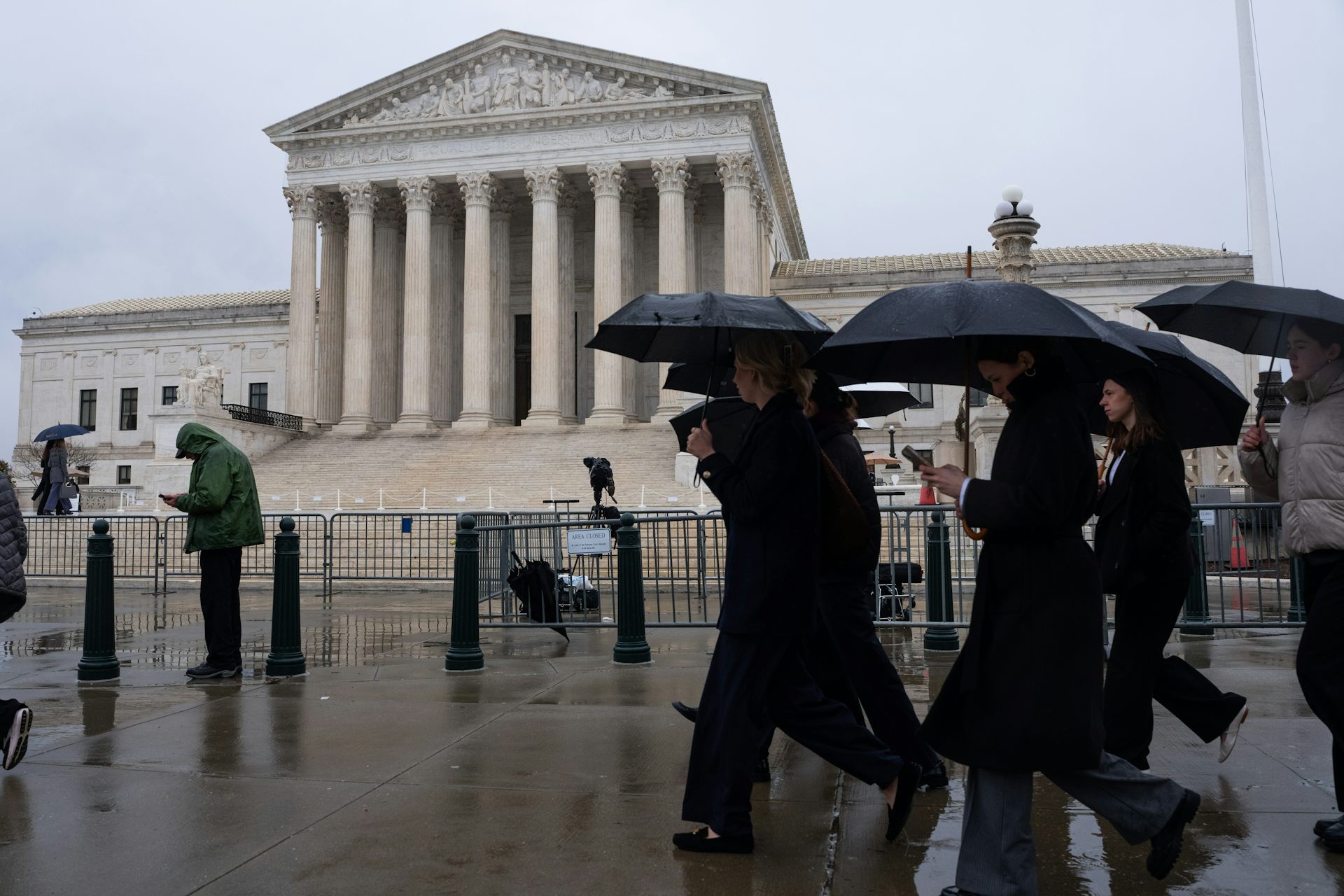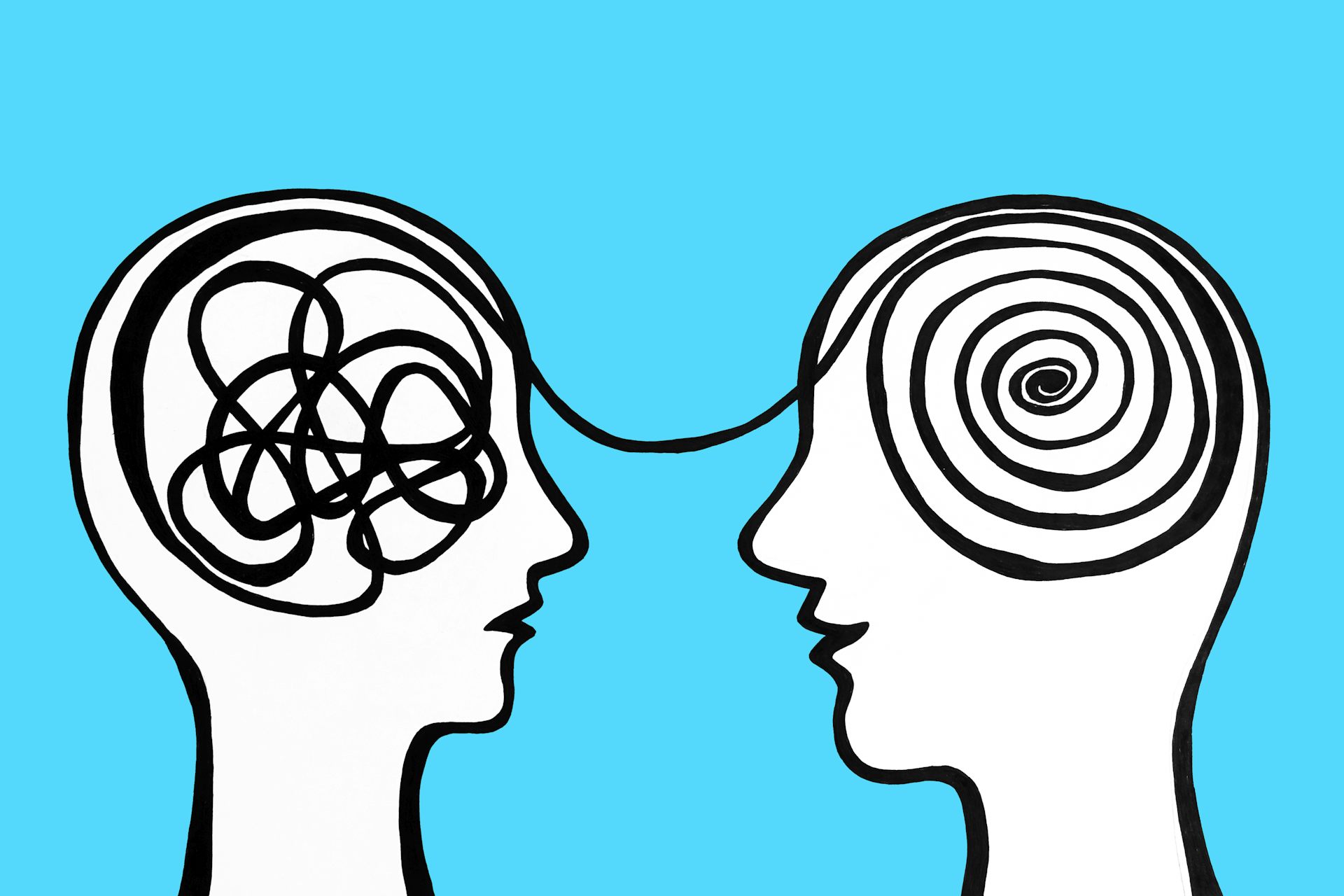‘What is a fact?’ A humanities class prepares STEM students to be better scientists
A professor shows science students how humanities classes are the real stem that other disciplines sprout from. They learn that critical thinking and skepticism don’t stop when they leave the lab.


Uncommon Courses is an occasional series from The Conversation U.S. highlighting unconventional approaches to teaching.
Title of course:
What Is a Fact?
What prompted the idea for the course?
With all the conspiracy theories floating around in 2020 when COVID-19 hit, I wanted to help my students learn to identify and deal with them. I was also concerned about political propaganda. And in my STEM-heavy school, I wanted to showcase what humanities scholars can do. So I created this class, which is distilled humanities for freshmen. Almost every student so far has been a science, technology, engineering and math major.
What does the course explore?
We start with a week called What Is Data? In Latin, “data” just means “things that are given.” Data can be in the form of measurements: “This bowlful of water weighs x.” But data can also mean “it reminds me of my grandma.” How can you tell when something could be meaningful, or whether it’s just nonsense?
A later class that students find especially interesting is on apophenia, the tendency to see patterns where there aren’t any, like the man in the Moon, or constellations of stars.

Why is this course relevant now?
A fact is an interpretation of data. In physics class, you learn how to interpret physics data, find patterns, relate those patterns to other ones, and produce facts about them. If your argument hangs together logically, your interpretation can appear in the journal Nature Physics.
Humanities classes, however, prepare you to understand what facts are, period – whether they’re based on biology or on the Bible, nutrition science or novels.
What’s a critical lesson from the course?
One critical lesson is that many big conspiracy theories such as QAnon are about jumping to conclusions as quickly as possible. Being a good student and a good scholar means accepting that what you’re examining might not be meaningful or might not indicate a pattern. What we’re exploring here is how not to jump to conclusions. And this lesson applies as much to stuff in the real world as it does to lab work.
What materials does the course feature?
We watch YouTuber hbomberguy debunking global warming denialism. We read Kurt Gödel on how logical systems must always be flawed. We read poems and stories, introducing science majors to interpreting artistic data, a process every bit as rigorous as interpreting scientific data.
What will the course prepare students to do?
Without the kinds of critical thinking this course teaches, scientists can be susceptible to propaganda and unable to share their ideas effectively, whether it’s in the media or to their colleagues, friends and family.
Students learn to look at the world with fresh, skeptical eyes. They learn to identify illogical arguments and rhetorical strong-arm tactics. In the Middle Ages, humanities – grammar, logic, rhetoric – prepared you to do science. What Is a Fact? is like that, helping students see how collecting data and being skeptical don’t stop once you’ve left the lab. A questioning, open-minded attitude is an essential life skill.
Timothy Morton does not work for, consult, own shares in or receive funding from any company or organization that would benefit from this article, and has disclosed no relevant affiliations beyond their academic appointment.
Read These Next
Supreme Court rules against Trump’s emergency tariffs – but leaves key questions unanswered
The ruling strikes down most of the Trump administration’s current tariffs, with more limited options…
Menstrual pads and tampons can contain toxic substances – here’s what to know about this emerging he
Heavy metals, phthalates and other potentially harmful chemicals have been detected in a range of menstrual…
I’m a philosopher who tries to see the best in others – but I know there are limits
Seeing someone charitably requires a balancing act between taking them seriously and trying to see the…






